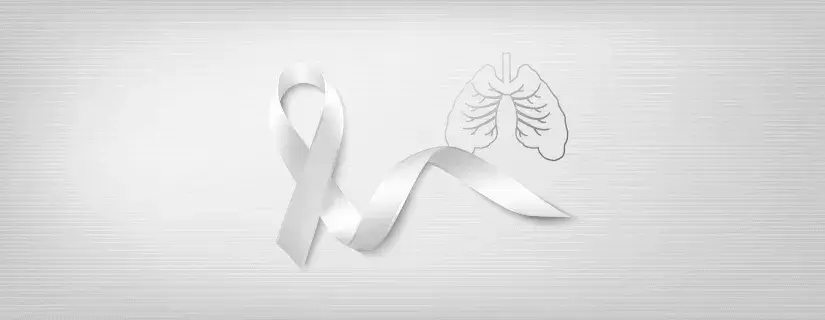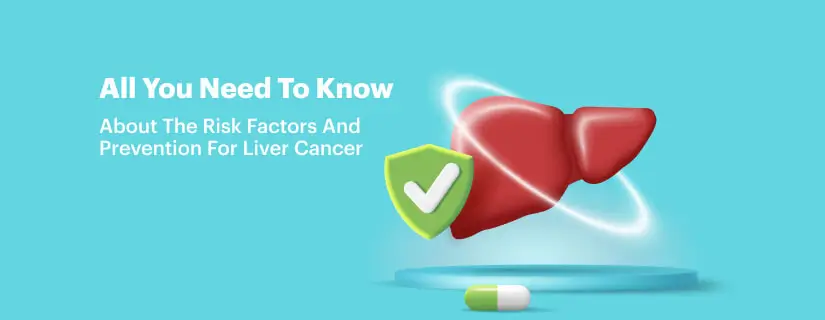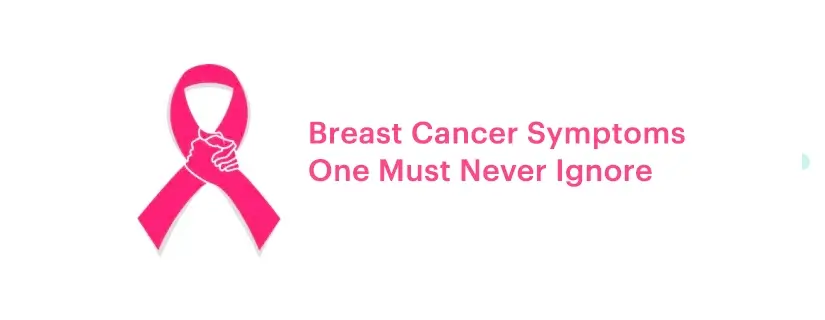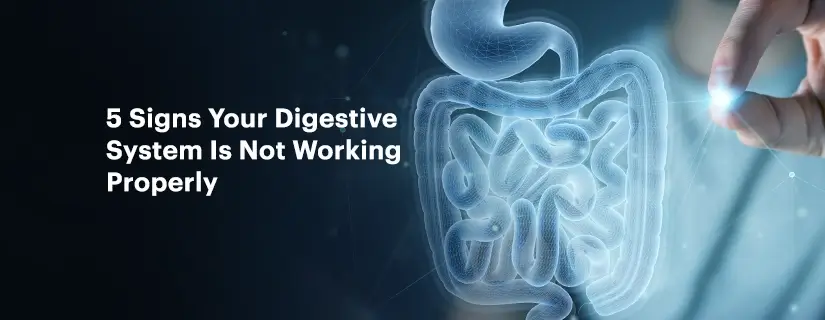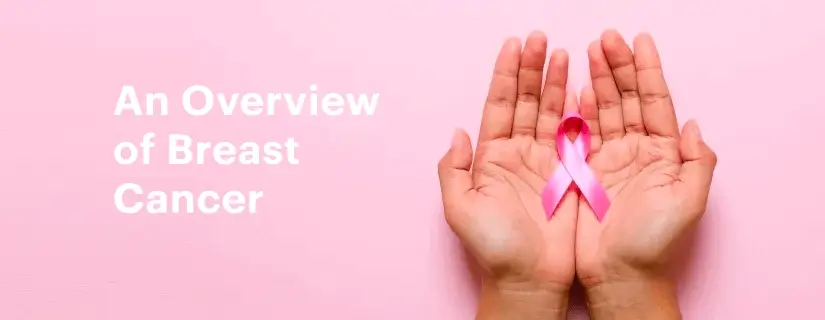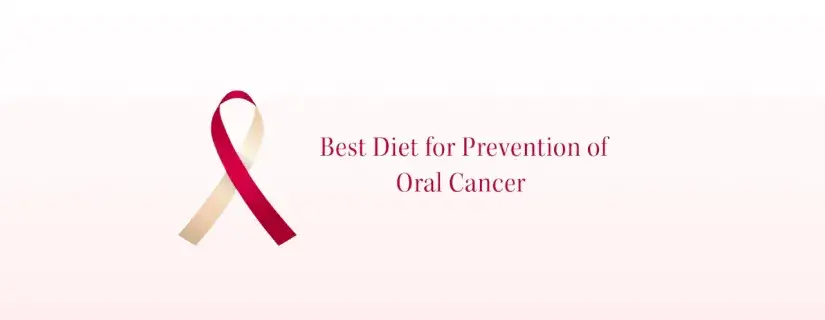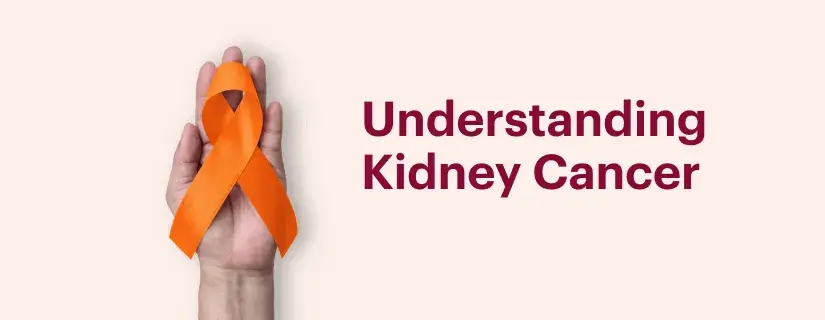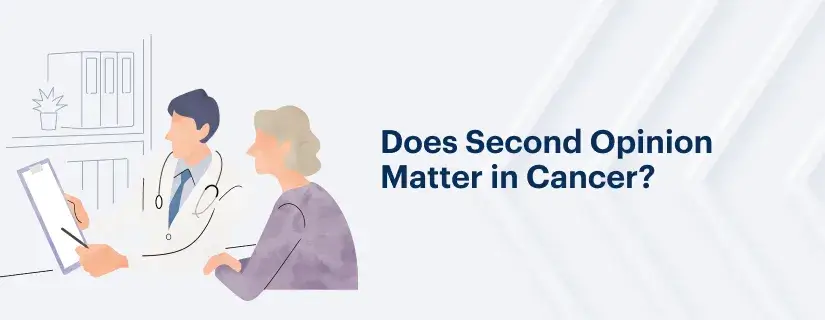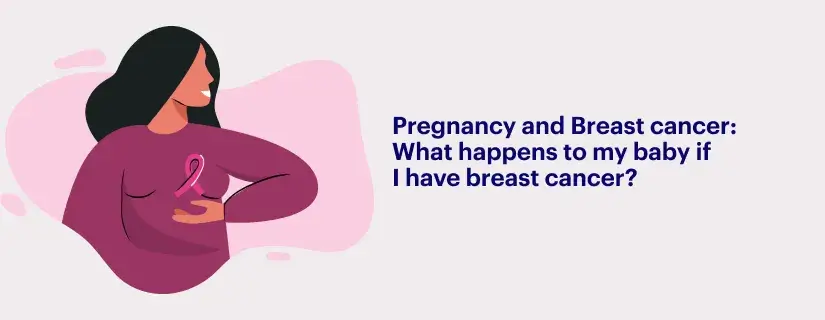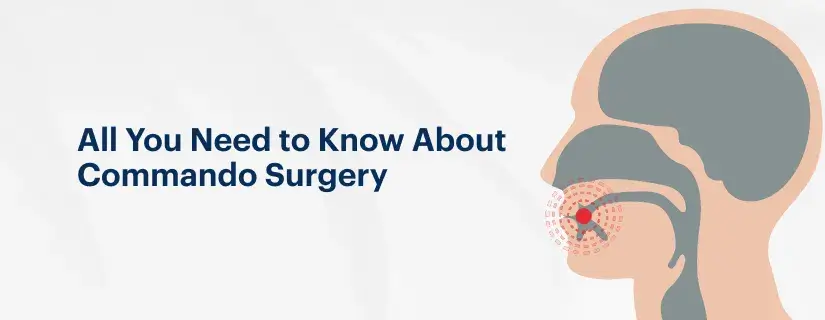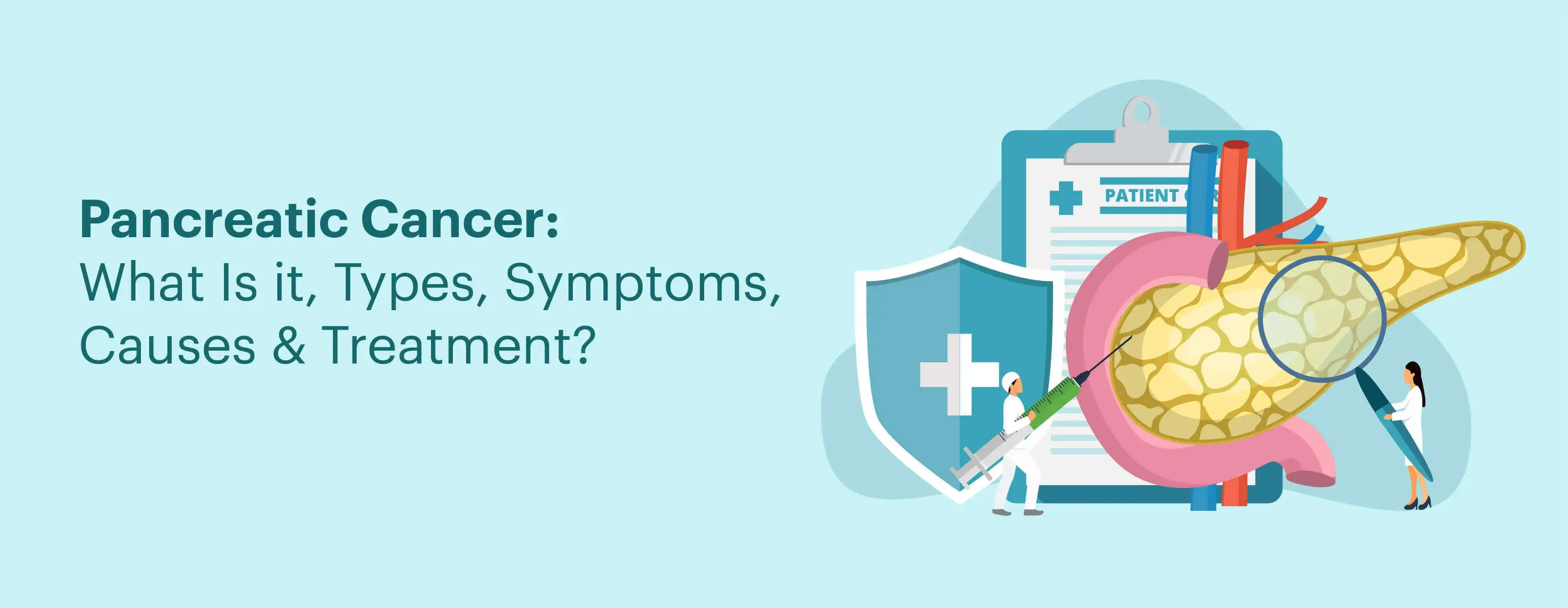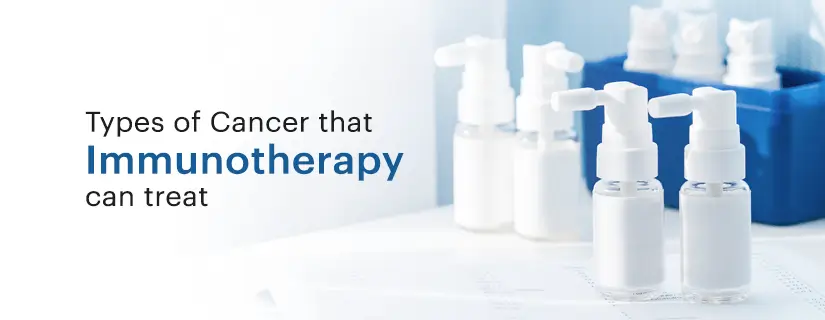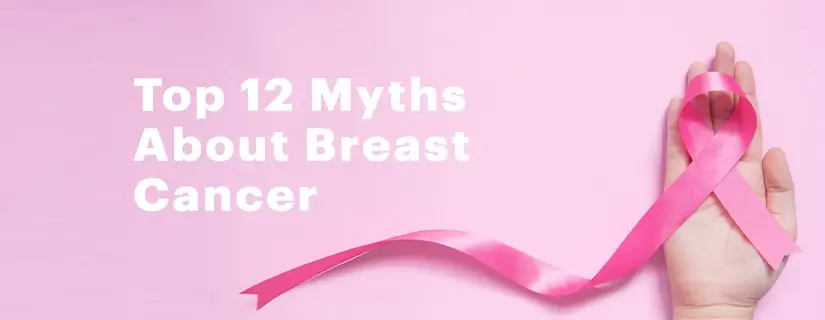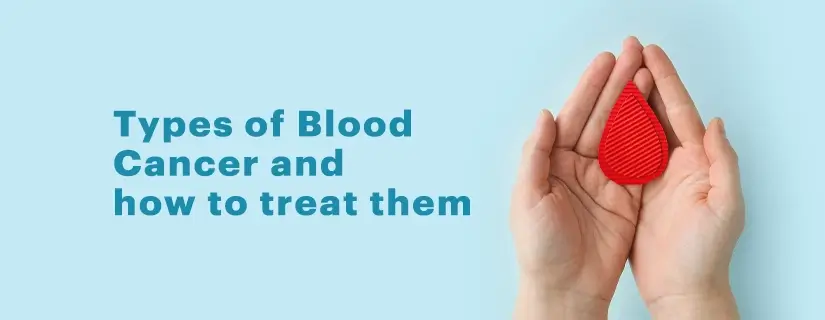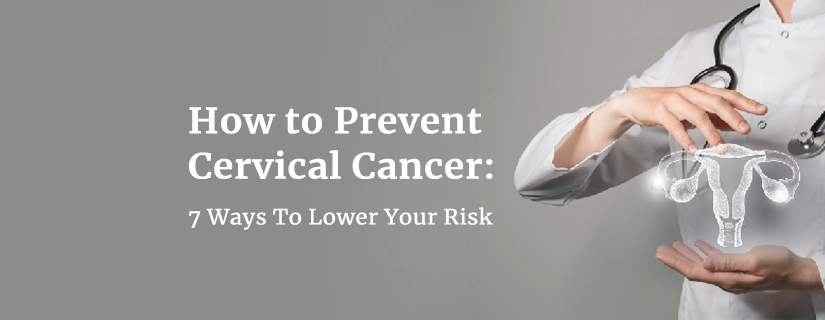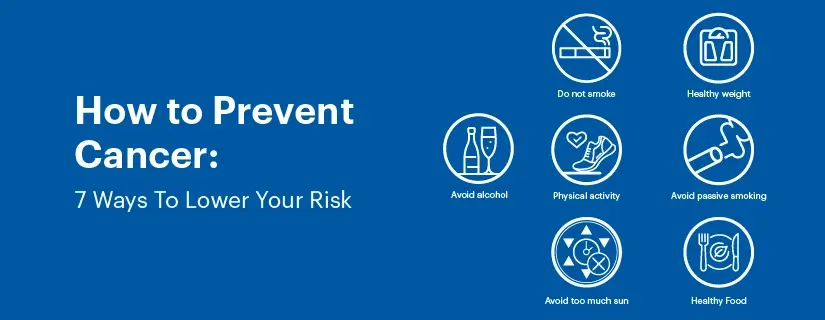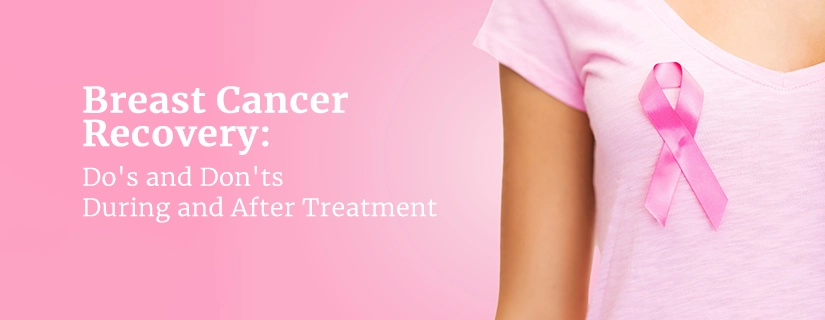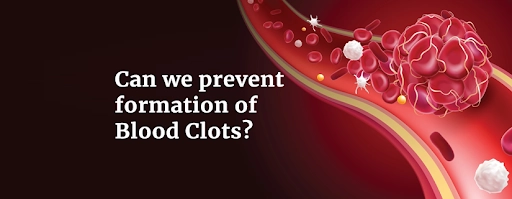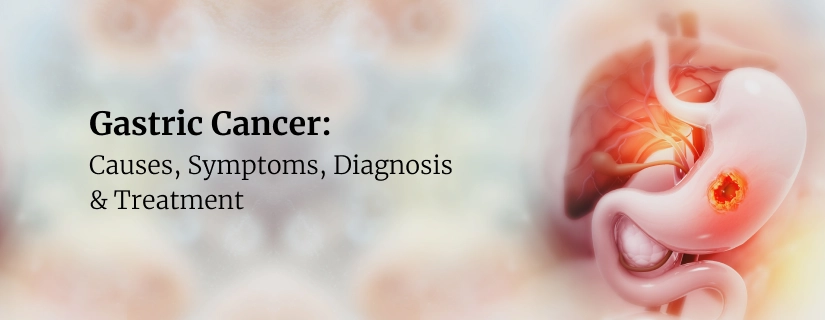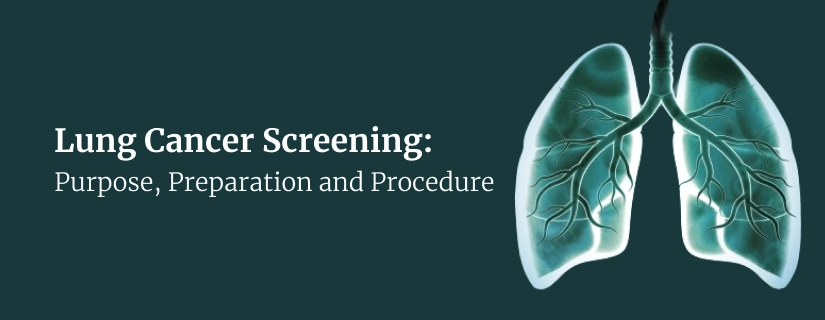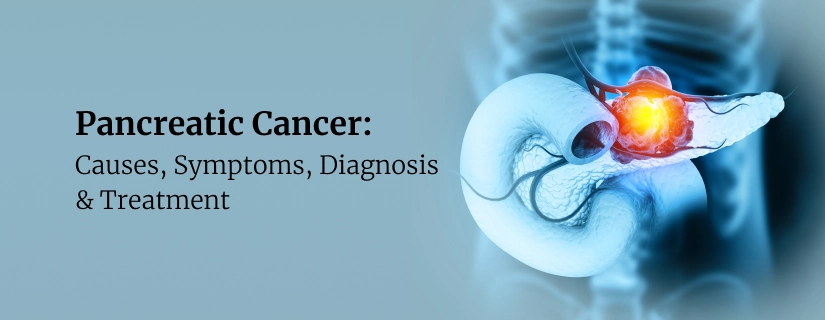-
Doctors
-
Specialities & Treatments
Centre of Excellence
Specialties
Treatments and Procedures
Hospitals & Directions HyderabadCARE Hospitals, Banjara Hills CARE Outpatient Centre, Banjara Hills CARE Hospitals, HITEC City CARE Hospitals, Nampally Gurunanak CARE Hospitals, Musheerabad CARE Hospitals Outpatient Centre, HITEC City CARE Hospitals, Malakpet
HyderabadCARE Hospitals, Banjara Hills CARE Outpatient Centre, Banjara Hills CARE Hospitals, HITEC City CARE Hospitals, Nampally Gurunanak CARE Hospitals, Musheerabad CARE Hospitals Outpatient Centre, HITEC City CARE Hospitals, Malakpet Raipur
Raipur
 Bhubaneswar
Bhubaneswar Visakhapatnam
Visakhapatnam
 Nagpur
Nagpur
 Indore
Indore
 Chh. Sambhajinagar
Chh. SambhajinagarClinics & Medical Centers
Book an AppointmentContact Us
Online Lab Reports
Book an Appointment
Consult Super-Specialist Doctors at CARE Hospitals
Difference between Immunotherapy and Chemotherapy
Updated on 18 August 2022
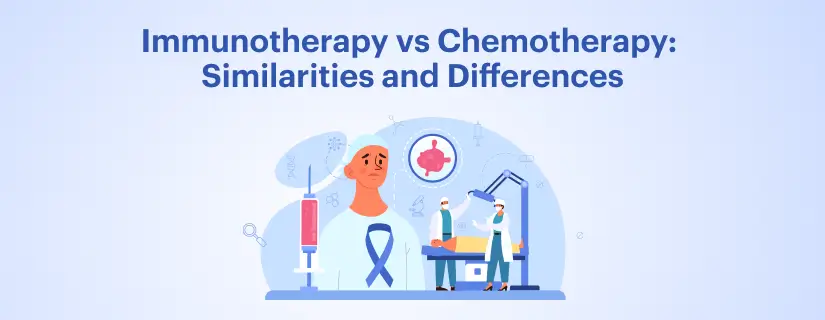
Table of Content
- Immunotherapy
- Chemotherapy
- Similarities and Differences between Chemotherapy and Immunotherapy
- What are the side effects of Immunotherapy and Chemotherapy?
- How do Chemotherapy and Immunotherapy work?
- How effective is each treatment?
- Is immunotherapy the same as chemotherapy?
- Talk to your doctor before choosing cancer treatments
- Conclusion
Chemotherapy and immunotherapy are two different types of therapies used for the treatment of cancer. In these cancer treatments, different types of drugs are used for preventing the growth of cancer cells. Both therapies work in different ways. In this article, we will learn about the similarities and differences between immunotherapy and chemotherapy.
What is Immunotherapy?
Cancer cells are unwanted cells in the body that keep growing rapidly. The immune system destroys the unwanted cells. However, in some patients, the cancer cells escape body immune cells by interacting with them and thereby survive in the body.
In immunotherapy, the drugs will break the interaction between the cancer cells and our body's immune cells. Because of the loss of interaction our immune cells now identify cancer cells as unwanted cells and kill them. The main aim of using immunotherapy for treating cancers is to produce a group of T cells that can attack the cancer cells.
Immunotherapy drugs are administered via intravenous mode and this therapy has become a popular choice for treating many different kinds of cancers. Different types of immunotherapy drugs are available on the market and the doctor will make a choice depending on the type and stage of cancer in the body.
In some patients, immunotherapy drugs are given in combination with chemotherapy drugs.
What is Chemotherapy?
Chemotherapy is a treatment used for treating cancers in which the drugs will prevent the replication of the cancer cells in the body. Chemotherapy works in the following way:
- It helps in reducing the cancer cells in the body
- It helps in reducing the spread of cancer cells to the other body parts
- It also gives relief from the symptoms of cancer
Chemotherapy drugs can be given through different channels. The drugs may be given through the oral route, using an intravenous route, topical application, directly through an artery, or inserted into the fluid present between the brain and the spinal cord.
Chemotherapy is the most widely used treatment for treating a wide range of cancers. But, chemotherapy drugs can also produce harmful effects on the healthy cells of the body.
Similarities and differences between Chemotherapy and Immunotherapy
There are many similarities between chemotherapy and immunotherapy. Both therapies are used to fight against cancer cells and are useful for treating many types of cancers.
Immunotherapy vs Chemotherapy
Chemotherapy and immunotherapy differ from each other in many ways:
|
Chemotherapy |
Immunotherapy |
|
|---|---|---|
|
Way of action |
In chemotherapy, the drugs prevent the replication of cancer cells in the body. |
In immunotherapy, the drugs enable the immune cells to destroy the cancer cells in the body by unmasking them. |
|
Length of action |
Chemotherapy works as long as the drugs are administered to the person. |
Immunotherapy can work longer even if the treatment has stopped because of the memory of the immune system. |
|
Action |
Chemotherapy drugs act quickly for destroying the cancer cells in the body. |
Immunotherapy may take some time to produce an effect on the cancer cells. |
|
Side effects |
Chemotherapy produces side effects because the drugs not only destroy the cancer cells but also affect the healthy body cells. Chemotherapy can produce side effects such as hair fall, nausea, and mouth ulcers. |
Immunotherapy produces side effects due to overstimulation of the immune system. It can produce side effects such as weakness, diarrhoea and cough etc. |
|
Cost |
The cost of chemotherapy is less as compared to immunotherapy. The cost also depends on the type of cancer and stage of cancer. |
The cost of immunotherapy is more than chemotherapy. |
What are the side effects of Immunotherapy and Chemotherapy?
Side Effects of Immunotherapy:
- Fatigue: Immunotherapy can cause fatigue or extreme tiredness, which may persist throughout the treatment period. This can affect a person's daily activities and quality of life.
- Skin Reactions: Some individuals may develop skin rashes, itching, or blistering as a side effect of immunotherapy. These reactions are usually mild, but in rare cases, they can become severe and require medical attention.
- Flu-like Symptoms: Immunotherapy can lead to flu-like symptoms such as fever, chills, muscle aches, and headaches. These symptoms are generally temporary and subside after treatment.
- Digestive Issues: Immunotherapy can cause digestive problems, including diarrhea, nausea, vomiting, and loss of appetite. These side effects may vary in severity and can be managed with medications and dietary adjustments.
- Respiratory Problems: In some cases, immunotherapy may cause coughing, shortness of breath, or wheezing. It is important to inform healthcare providers about any respiratory symptoms experienced during treatment.
- Autoimmune Reactions: Immunotherapy works by boosting the immune system, which can sometimes result in an overactive immune response. This may lead to autoimmune reactions, where the immune system mistakenly attacks healthy cells and tissues. Common autoimmune side effects include thyroid problems, colitis, or hepatitis.
- Endocrine System Side Effects: Immunotherapy can affect hormone production and regulation, leading to various endocrine system side effects. These may include thyroid dysfunction, adrenal gland problems, or changes in blood sugar levels.
Side Effects of Chemotherapy:
- Hair Loss: One of the most well-known side effects of chemotherapy is hair loss. It can affect the hair on the scalp, eyebrows, eyelashes, and body. Hair loss is usually temporary, and hair typically starts to grow back after treatment.
- Nausea and Vomiting: Chemotherapy drugs can irritate the lining of the digestive system, resulting in nausea and vomiting. Medications known as anti-emetics are often prescribed to manage these side effects.
- Fatigue: Chemotherapy can cause significant fatigue and weakness. This can be attributed to the toxic effects of the drugs on healthy cells in the body.
- Suppressed Immune System: Chemotherapy can lower the production of white blood cells, leading to a weakened immune system. This increases the risk of infections and makes it harder for the body to fight off illness.
- Increased Bruising and Bleeding: Chemotherapy can affect the production of blood cells, including platelets that help with clotting. This can result in increased bruising and bleeding, even from minor injuries.
- Digestive Issues: Chemotherapy may cause gastrointestinal problems such as diarrhea, constipation, or changes in appetite. It can also lead to mouth sores, difficulty swallowing, or changes in taste sensation.
- Cognitive Changes: Some individuals may experience cognitive changes, commonly referred to as "chemo brain." This can manifest as difficulties with memory, concentration, and overall mental sharpness.
How do Chemotherapy and Immunotherapy work?
Chemotherapy:
- Purpose: Chemotherapy is a cancer treatment that uses drugs to stop the growth of cancer cells by either killing them or preventing them from dividing.
- Mechanism of Action: Chemotherapy drugs disrupt the cell cycle, especially targeting rapidly dividing cells. They may cause DNA damage, hindering the cancer cell's ability to divide and leading to cell death.
- Targets: Acts on both cancerous and normal cells, affecting fast-growing cells throughout the body.
- Administration: Typically administered systemically through the bloodstream, impacting cancer cells in various parts of the body.
- Side Effects: Because it's not specific to cancer cells, chemotherapy can affect healthy cells that also divide quickly, leading to side effects like hair loss and nausea.
Immunotherapy:
- Purpose: Immunotherapy is a cancer treatment that boosts the body's immune system to recognize and attack cancer cells.
- Mechanism of Action: Immunotherapy works by activating the immune system. This can involve blocking proteins that inhibit immune response (checkpoint inhibitors), training the immune system to recognize specific cancer cell markers, or enhancing immune cell activity.
- Targets: Specifically targets the immune system, aiming to harness its ability to identify and eliminate cancer cells.
- Administration: Administered through various forms, including monoclonal antibodies, immune checkpoint inhibitors, cancer vaccines, and adoptive cell transfer.
- Side Effects: This can lead to immune-related side effects as the immune system becomes more active. This may include inflammation in different organs.
- Personalized Approach: Often requires identifying specific biomarkers or characteristics to determine the likelihood of a positive response. Immunotherapy is a more personalized treatment approach.
How effective is each treatment?
Immunotherapy and chemotherapy are both important treatments in the fight against cancer, but their effectiveness can vary depending on several factors, including the type and stage of cancer, individual patient characteristics, and treatment goals. Here's a general overview of their effectiveness:
- Immunotherapy: Immunotherapy has shown remarkable success in treating certain types of cancer. It works by enhancing the body's immune system to recognize and destroy cancer cells. Some forms of immunotherapy, such as immune checkpoint inhibitors, have led to significant and durable responses in a subset of patients with advanced cancers, including melanoma, lung cancer, bladder cancer, and kidney cancer. However, not all patients respond equally to immunotherapy, and its effectiveness can vary from person to person.
- Chemotherapy: Chemotherapy is a systemic treatment that uses drugs to kill or slow the growth of cancer cells. It is widely used for many types of cancer and can be effective in achieving tumor shrinkage, reducing symptoms, and improving survival rates. Chemotherapy can be particularly beneficial in cancers that are sensitive to the drugs being used. However, chemotherapy can also cause side effects due to its impact on healthy cells in the body, and some cancers may develop resistance to chemotherapy over time.
Is immunotherapy the same as chemotherapy?
Immunotherapy and chemotherapy are distinct cancer treatment approaches, differing in their mechanisms and effects on the body. While both are used to combat cancer, they have significant differences.
Immunotherapy harnesses the body's immune system to target and destroy cancer cells. It involves substances that stimulate the immune response, enabling the immune system to recognize and attack cancer cells more effectively. Immunotherapy is often better tolerated than chemotherapy and can have lasting effects by training the immune system to continue fighting cancer.
On the other hand, chemotherapy involves the use of drugs that directly target and kill rapidly dividing cancer cells. It is a systemic treatment affecting the entire body, including healthy cells, leading to side effects like nausea, hair loss, and weakened immunity.
So, immunotherapy and chemotherapy are distinct treatments. Immunotherapy enhances the body's natural defense mechanisms, while chemotherapy directly attacks cancer cells. The choice between the two depends on factors such as the type of cancer, its stage, and the patient's overall health, with healthcare professionals tailoring treatment plans accordingly.
Talk to your doctor before choosing cancer treatments
You must consult with your doctor from the Best cancer hospital in Hyderabad before choosing the cancer treatment. The treatment depends on different factors such as your general health, the type of cancer, and the stage of cancer. Your doctor can suggest the best possible treatment depending on these factors. Your doctor can also discuss the way of treatment and the possible outcomes and side effects that you may notice after getting a particular type of cancer treatment.
Conclusion
In conclusion, chemotherapy and immunotherapy are two different types of treatments used for treating different types of cancers. Both types of treatments are effective for treating cancers.
Your doctor at CARE Hospitals can use one of both types of cancer treatments to treat your cancer depending on different factors such as the type of cancer, size, stage, and general health. Therefore, discuss with your doctor in detail the pros and cons of both types of cancer treatments before choosing one for your treatment.

ENQUIRY FORM
SELECT CATEGORIES
-
Neurosciences (16)
-
Neurology (38)
-
Neurosurgery (14)
-
Orthopaedics (48)
-
Oncology (33)
-
Obstetrics and gynecology (52)
-
Pulmonology (23)
-
Urology (20)
-
Nephrology (13)
-
Psychiatry (7)
-
Dietetics and Nutrition (111)
-
General Medicine (63)
-
Cardiac Sciences (32)
-
Vascular & Endovascular Surgery and Interventional Radiology (15)
-
Gastroenterology (46)
-
Endocrinology (23)
-
Plastic Surgery (10)
-
Critical Care Medicine (5)
-
COVID-19 (16)
-
Dermatology (16)
-
Emergency Care (1)
-
Ophthalmology (4)
-
Pediatrics (14)
-
Laparoscopic and Bariatric Surgery (8)
-
ENT (15)
-
Kidney Transplant (1)
-
Liver Transplantation and Hepatobiliary Surgery (5)
-
General Surgery (3)
-
Internal Medicine (5)
-
Medicine Information
Benefits and Risks of Cancer Drugs – Clearing myths about chemotherapy
Sarcoma: Types, Causes, Symptoms, and Treatment
YOU MAY ALSO LIKE
RECENT BLOGS
-

Rotablation Angioplasty: Benefits, Treatments, And Recovery Time
6 February 2026
Read More
-

What Is The Difference Between IUI and IVF?
6 February 2026
Read More
-
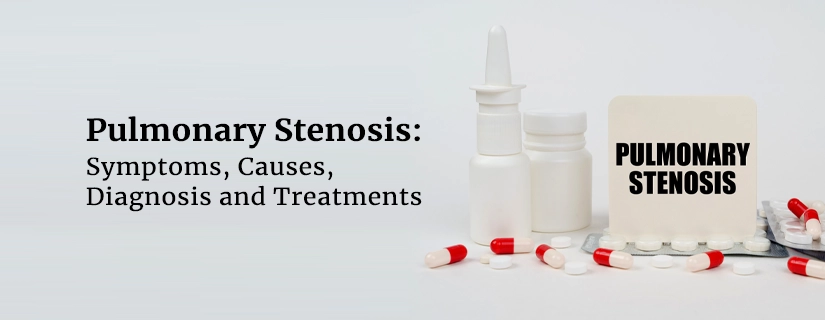
Pulmonary Stenosis: Symptoms, Causes, Diagnosis and Treatments
6 February 2026
Read More
-
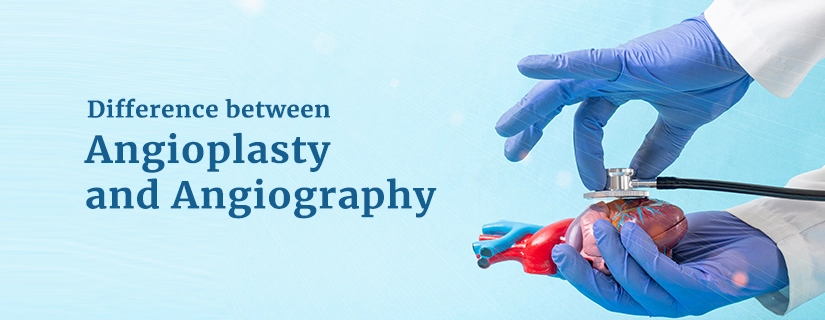
Difference between Angioplasty and Angiography
6 February 2026
Read More
-
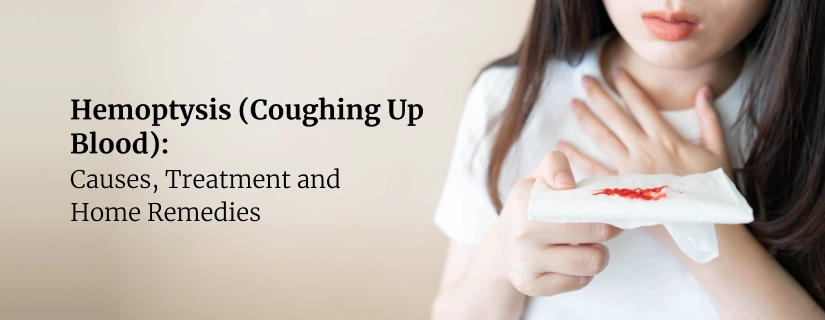
Hemoptysis (Coughing Up Blood): Causes, Treatment and Home Remedies
2 February 2026
Read More
-
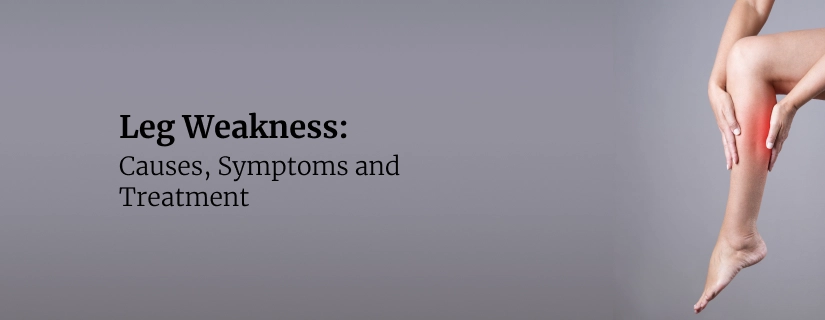
Leg Weakness: Causes, Symptoms and Treatment
9 January 2026
Read More
-

Back Pain After C-Section: Causes and Home Remedies
9 January 2026
Read More
-

Belly Button Pain (Periumbilical Pain): Causes, Treatment and When to See a Doctor
9 January 2026
Read More
Have a Question?
If you cannot find answers to your queries, please fill out the enquiry form or call the number below. We will contact you shortly.




